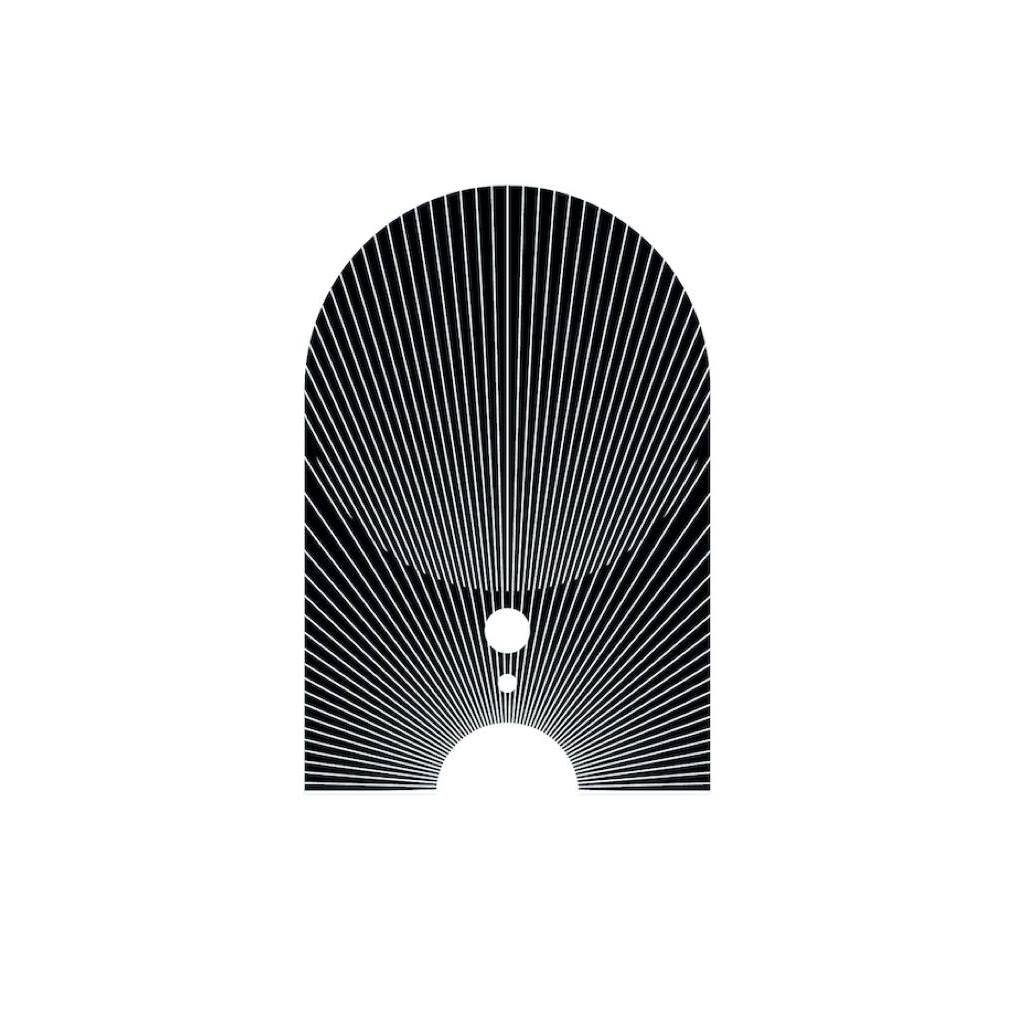DON NARKEVIC
Don Narkevic: Buckhannon, WV. MFA National University. Recent work appears in The Centifictionist, Blue Collar Review, and Ancient Paths. A Best of the Net and Pushcart nominee. Poetry Chapbooks include Laundry, published in 2005 by Main Street Rag. FutureCycle Press published, Admissions, a book of poems, in 2013. Many Sparrows, a book of poems was published in 2018 by The Poetry Box.
AN EXCERPT FROM “THE FATHER OF A PRODIGAL”
According to Jewish law, a willed inheritance could not be sold until after the father’s death. Not only did the son insult his father, he also broke the law along with his father’s heart. He then spent the proceeds on a kind of lifestyle which has been translated by different scholars as “wild,” “reckless,” “loose,” “riotous,” “foolish.” None of the translations bode well. In fact, the son spends all his money, and when a famine strikes the area, he verges on starvation. Taking a job feeding pigs, “he was longing to be fed with the pods that the pigs ate, and no one gave him anything” (15:16).
“No one knows you when you’re down and out,” sang Eric Clapton. “When you get back on your feet again, everybody wants to be your long-lost friend.” The prodigal son had no friends, long-lost or even new-found. Poverty knocked him off his feet for so long, he probably didn’t need shoes. The thought probably crossed his mind that he had become the black sheep of the family and would never be able to rejoin the flock.
Speaking of family, where is the mother in all this? Is it not written in Isaiah 49:15, “Can a mother forget the baby at her breast and have no compassion on the child she has borne?” In the parable, the mother is not mentioned. Perhaps she died in childbirth. Perhaps she ran away, much like the prodigal son. The father appears to be a single parent. So, who can he share the weight of this runaway son? No one. The father suffers alone. Even his oldest son remains quiet when the younger son vanishes. No one knows you when you’re down and out.
Read more of Don’s work in Solum Journal Volume I.

